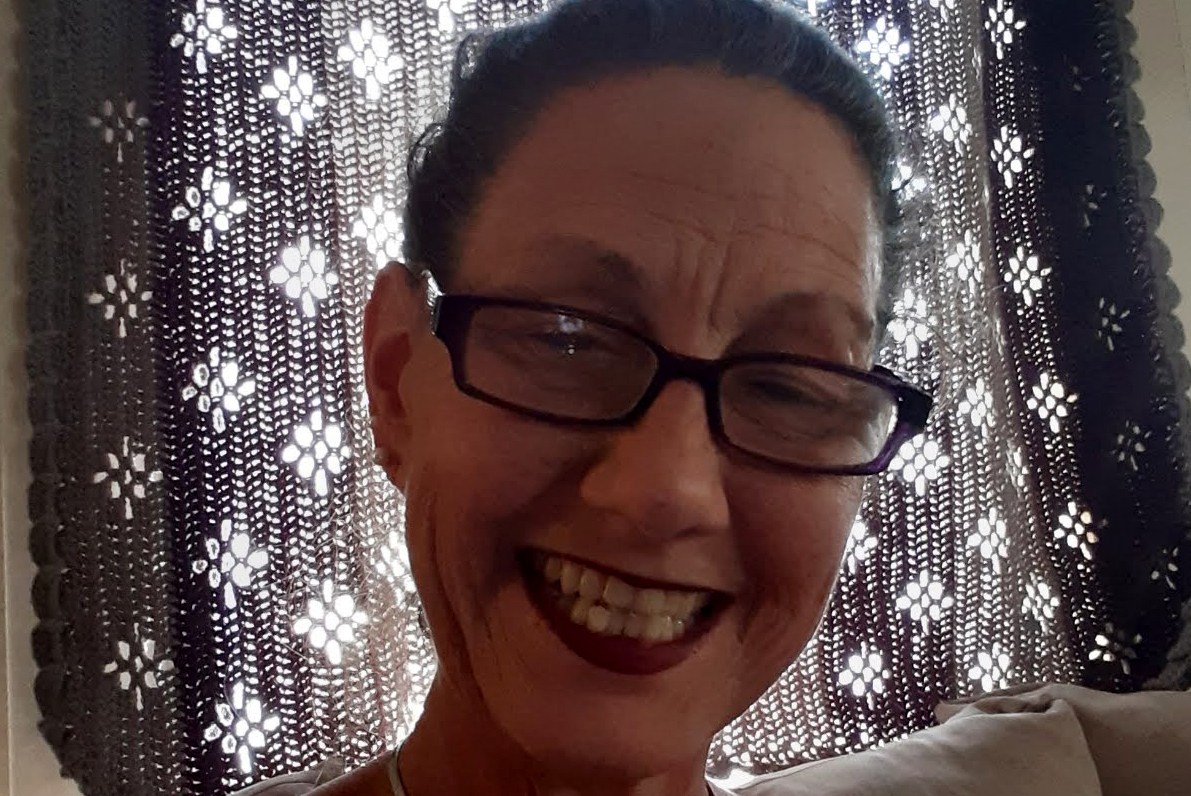 In September 2019, Gail was in remission from her second occurrence of breast cancer. She was taking several drug therapies, including hormone blockers, that were keeping her cancer at bay. Her Medicaid health insurance, which is available to some low-income adults in active treatment for breast or cervical cancer, covered everything that she needed from her medications to her doctor visits.
In September 2019, Gail was in remission from her second occurrence of breast cancer. She was taking several drug therapies, including hormone blockers, that were keeping her cancer at bay. Her Medicaid health insurance, which is available to some low-income adults in active treatment for breast or cervical cancer, covered everything that she needed from her medications to her doctor visits.
Then Gail got a letter stating that because she was in remission from breast cancer, her Medicaid would be ending at the end of that month, leaving her without any health insurance.
For the next 9 months, Gail wasn't able to get the medications she needed to stay in remission. She didn't feel healthy, couldn't keep food down, and lost 20% of her body weight. She also didn't have access to her mental health medications, which help manage her depression and anxiety attacks. "I couldn't see my primary care doctor, couldn't get my medicine… I couldn't get anything," she said. "I was scared. I didn't feel good."
Gail tried to work but because of the pandemic, could not find a job that was safe for her and manageable with her health conditions. She was afraid of putting herself at risk for contracting COVID-19 with her compromised health, and without access to health care coverage.
"My Medicaid was everything," she said. "If I hadn't lost it, I'd be fine. I'd be on track, getting my life together."
After months of phone calls with the Medicaid office and her elected officials, in July, Gail was finally told that her Medicaid would be reinstated. Because she went for 9 months without the medications she needed, her cancer -- which was in remission -- had metastasized and she needed to go back into chemotherapy.
If Florida covered more low-income adults – not just those with a breast or cervical cancer diagnosis – Gail wouldn't have lost her Medicaid for those 9 months and she may still me in remission rather than facing a recurrence and spread of the disease.